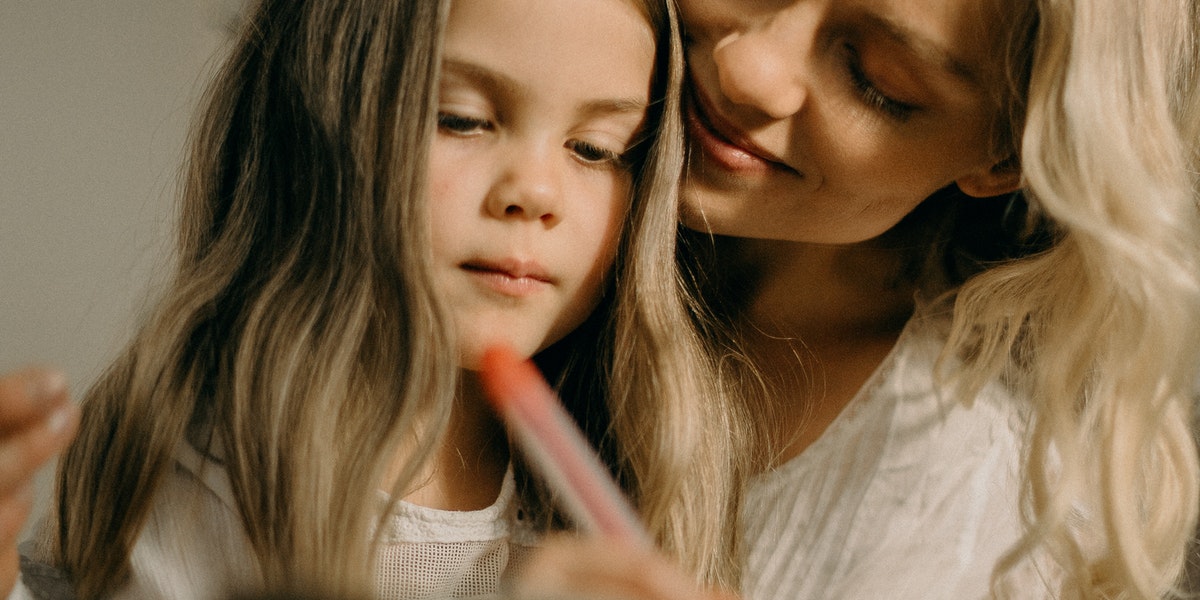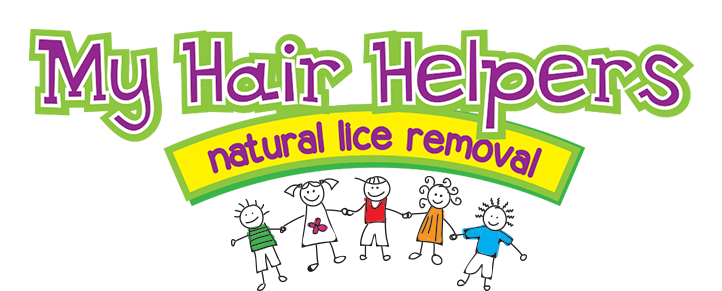Super lice, or drug-resistant lice, have genetically mutated to become resistant to the active ingredients in many traditional head lice treatments. These lice do not look any different than regular lice, so you won’t know you are dealing with them until the treatments fail.
Even though you might be hearing more about super lice, this is not a new problem. Lice have been growing more resistant to traditional head lice treatments for years. Nevertheless, they are still incredibly frustrating to deal with. But how do you really know when it’s super lice?
Symptoms of Super Lice
The symptoms for regular lice and treatment-resistant lice are the same. They include the feeling of something moving in the hair, an itchy scalp, irritability and trouble sleeping. The only way super lice differ is in how they respond to treatment. Generally speaking, if lice still persist after treatment, you’re probably dealing with super lice. But, it’s not a guarantee.
Do Regular Lice Always Go Away with One Treatment?
The tricky thing about head lice is that even regular cases don’t always respond to treatment the first time around. There are many factors at play, including the type of treatment used and how the treatment was applied.
For example, some people forget to do a second application and the head lice return. This doesn’t necessarily mean that the child has super lice, but rather that the first application did not get all of the nits. Pyrethrins, a common ingredient in over-the-counter head lice products, can only kill live lice and not unhatched eggs.
Are there Other Reasons Why Head Lice Treatments Don’t Work?
Yes, there are other reasons why some head lice treatments are ineffective. Here are a few examples:
- Not using the treatment correctly. You may have applied the solution too soon or too late, or you may not have followed all of the instructions.
- Misdiagnosis. Scalp itchiness does not confirm head lice. It’s possible that your child is dealing with a different problem like dandruff or skin irritation.
- Reinfestation. If lice are a problem in your area, your child can be reinfected from another child at any time.
- Using the wrong treatment. Not all head lice treatments are the same. There are differences in the ingredients, and most at-home remedies are ineffective as well.
Choose My Hair Helpers to Fight Lice – We’re Up for the Challenge!
My Hair Helpers fights lice for good – it’s what we do! We have three salons, a mobile service and an Amazon store for those who prefer to have our products delivered. Our dimethicone-based head lice products take into account drug-resistant lice. All products are safe, effective and free from chemicals and pesticides.
Contact us anytime with any questions, concerns or advice. We’re happy to help – super lice or regular lice do not stand a chance against us!


